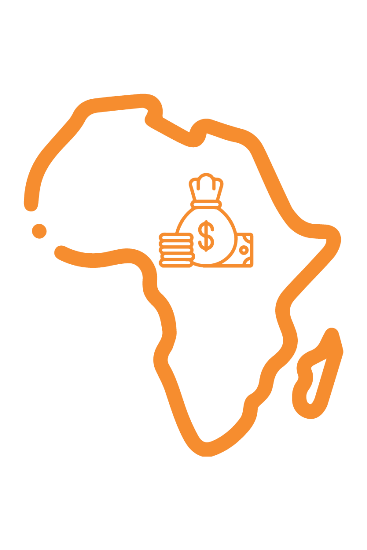Advocacy Landscape in Africa
SRHR Advocacy Funding in Africa
Abstract
As an African initiative, the Accelerator responds to the African context by supporting African-led solutions while at the same time being inclusive of global best practices in advocacy and campaigning, innovation, and learning from partners and allies across the world. The organisation recognises and works towards realising greater health, equity, and social justice as a part of a wider global movement.
Consequently, AAC desires to understand the unique symbiotic relationship between advocacy funders, advocates and community service organisations (CSOs) working in the advocacy sector in Africa and commensurate desirable outcomes for the sector. As one of the AAC's inaugural pieces of research, this report is a quantitative pan-African survey and analysis.
The researcher developed the conceptual frameworks based on interviews about advocate, CSO, funder and sector realities, achievements, and challenges with the AAC Executive Director, AAC Deputy Director, and qualitative research consultant. The study paired a quantitative approach with rigorous statistical analysis.


Knowledge Products
 Donor funds can distort regular market supply and demand forces whereby the users of funds hold different need intentions than the provider of the funds.
Donor funds can distort regular market supply and demand forces whereby the users of funds hold different need intentions than the provider of the funds. English-speaking African countries often receive more funding support than Francophone equivalents – a gap that the Advocacy Accelerator works to address.
English-speaking African countries often receive more funding support than Francophone equivalents – a gap that the Advocacy Accelerator works to address. Advocates whose donors provide bottom-up flexibility are much more likely to perform their jobs better, remain committed to the advocacy sector, and help advocates in other organisations.
Advocates whose donors provide bottom-up flexibility are much more likely to perform their jobs better, remain committed to the advocacy sector, and help advocates in other organisations. In the course of its work, the AAC has observed a trend of advocate burnout which can be attributed to risk, funding uncertainty, and funder practices.
In the course of its work, the AAC has observed a trend of advocate burnout which can be attributed to risk, funding uncertainty, and funder practices. As funders report shrinking resources available to dedicate to advocacy, it becomes more critical for advocates and community-based organisations involved in advocacy efforts to collaborate, share ideas and techniques, combine efforts, and lobby governments, local leaders and community members together.
As funders report shrinking resources available to dedicate to advocacy, it becomes more critical for advocates and community-based organisations involved in advocacy efforts to collaborate, share ideas and techniques, combine efforts, and lobby governments, local leaders and community members together.